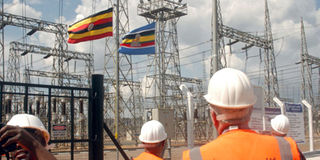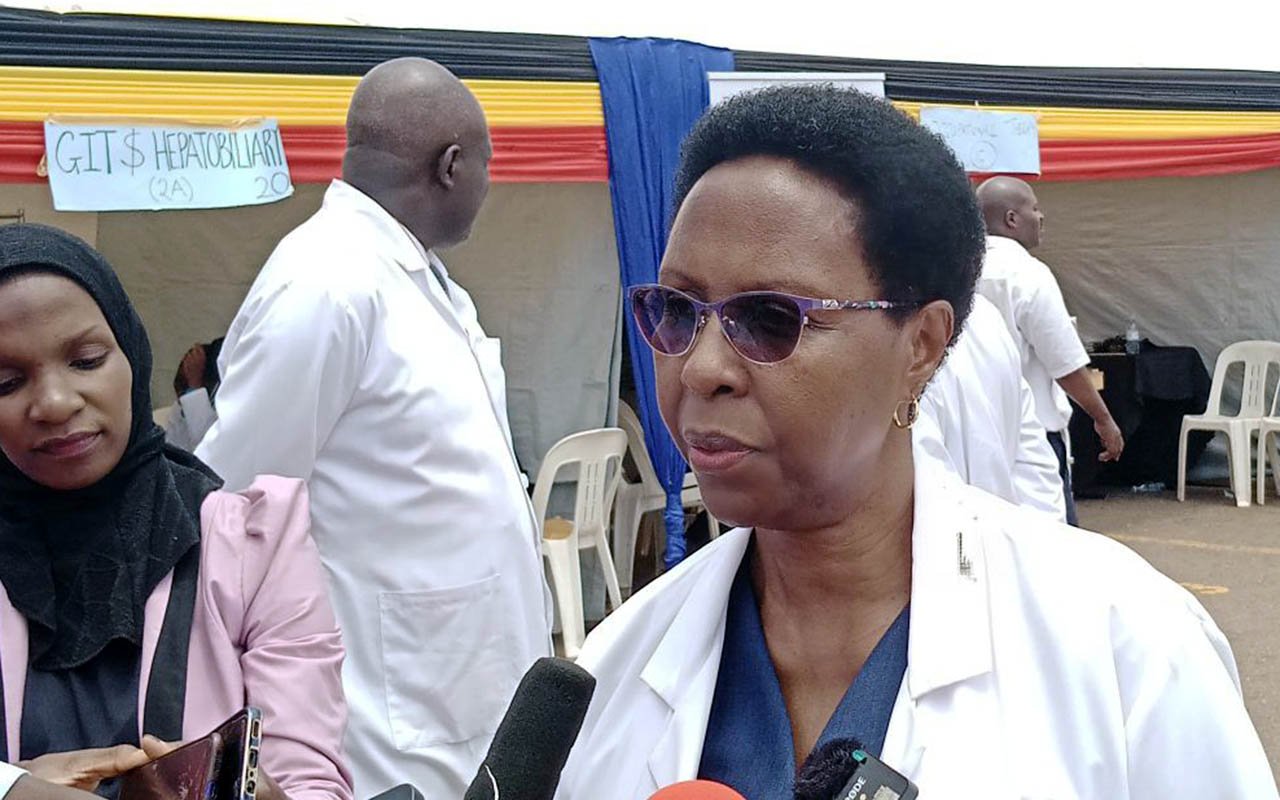Shs21b spent on buying back Bujagali dam

Electricity centre. A section of Bujagali Hydropower Station. Photo by Joseph Kiggundu
What you need to know:
- The refinancing negotiations, in some cases, took place in the United States of America at the offices of the International Finance Corporation.
- IFC is one of the agencies the government engaged to refinance Bujagali. The other institution is the African Development Bank.
Kampala. Uganda has so far spent $6 million (Shs21 billion) in transaction costs related to refinancing Bujagali hydropower plant – a process aimed at buying out those who invested in the facility.
Part of the money so far spent has been committed to covering travel expenses of the officials involved in the negotiations and to cater for fees of the lawyers involved in re-crafting agreements between Uganda and Bujagali hydropower plant refinancers.
Up to one million electricity consumers in Uganda will pay the $6 million tab – through the retail power tariffs they will pay between January 1 and March 31 this year. The Electricity Regulatory Authority (ERA) last month increased the electricity from Shs696.9 to Shs718.9 to take effect this month.
ERA said the increment was largely because of the transaction costs associated with refinancing Bujagali.
The increase of the base tariff led to the increase in the end-user tariff for the domestic users from Shs685.6 to Shs718.9 and that for commercial use from Shs619.1 to Shs648.3 per unit.
Medium industrial consumers will pay Shs592.5 from Shs568, large industrial users had their rates increased from Shs368.1 to Shs375.5 and extra-large consumers saw theirs rise from Shs364.6 to Shs371.1 per unit.
The government last year decided to buy back Bujagali hydropower plant to ensure that its generation tariff does not rise above 12 US cents per unit.
Keeping the tariff low, the government said, would spur the economy. The factories that are projected to sprout to benefit from the lower cost electricity would soak up the excess electricity supply Uganda has, thus address concerns about deemed energy. More importantly, the factories would create job opportunities to deal with the country’s unemployment problem.
According to an Action Aid 2012 report, six in every 10 Ugandans is unemployed – which is attributed to failure to create a conducive investment climate that would attract investors and the lack of skills among prospective employees.
Sources say the transaction costs of refinancing Bujagali could increase because government officials will definitely meet the financers to iron out the outstanding issues.
Of the five conditions the donors set to see through the refinancing, only one has been conclusively addressed – that is, clearing the Kalagala Offset Area.
The other conditions, such as a corporation tax waiver for Bujagali Energy Limited for 15 years, are yet to be tabled in Parliament.



